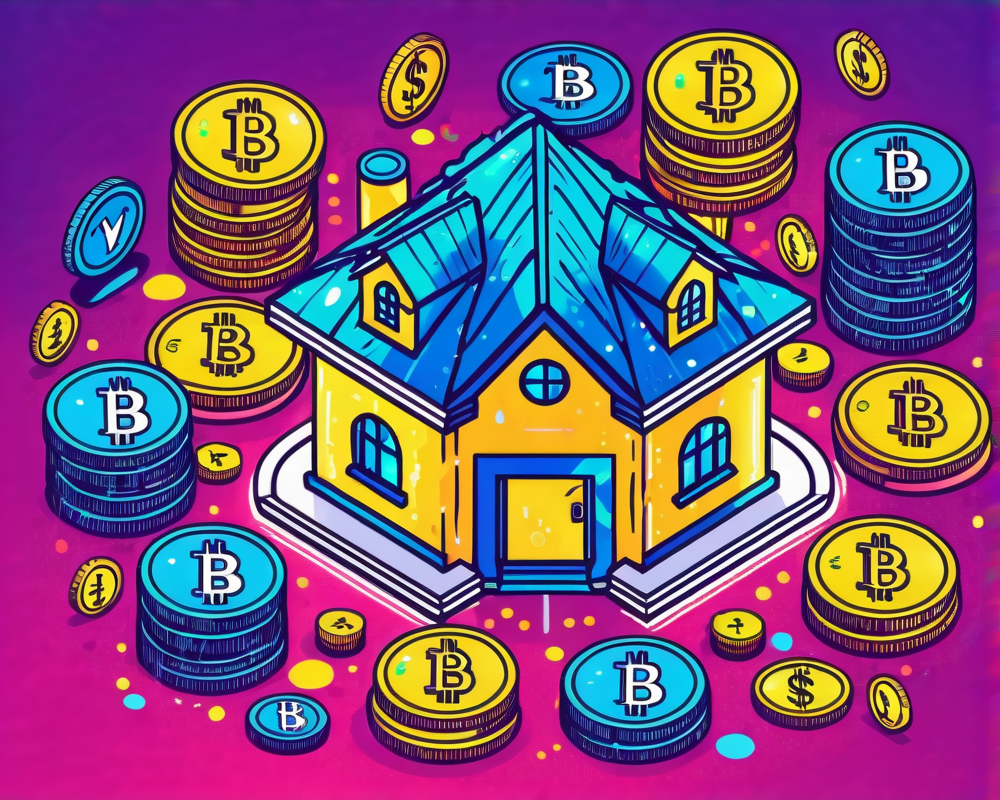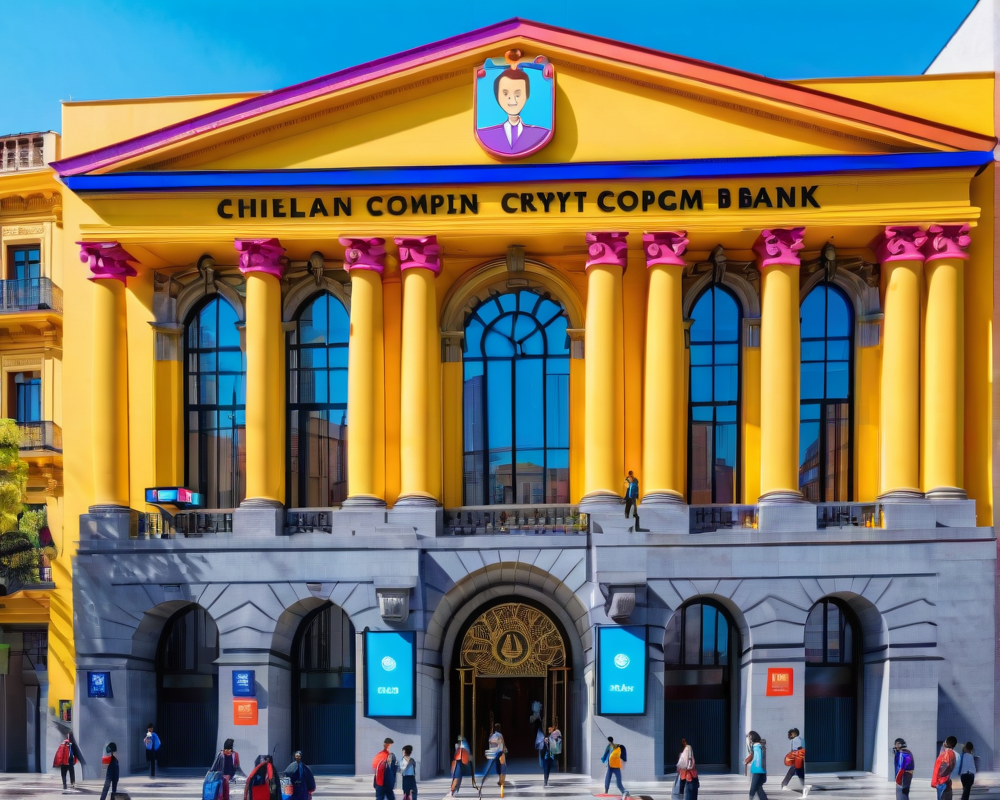The Shifting Paradigm: From Centralized to Decentralized
Remember when banks held your money like they were the only ones who knew how to keep it safe? Well, grab your seat because things are changing! In a world adamant about decentralization, where everyone’s an aspiring banker of their wealth, centralized exchanges have dominated. But slowly, like a turtle in a hurry, we’re seeing these exchanges embrace their inner decentralizer.
The Magic of Decentralization
Okay, let’s break this down. What’s in decentralization’s magic bag? Think security, transparency, and your favorite buzzword: financial inclusion. As centralized exchanges get a wake-up call, they’re turning to decentralized solutions. Why? Because they figured out that a safer consumer means a more robust industry.
Trust: The Currency of Relationships
In the wild world of finance, trust is like that trusty old currency. You wouldn’t hand your life savings to someone you met at a bar, right? The same goes for institutions! Trust is built on shared history, and let’s face it—centralized entities have let us down. Remember that $4 billion at the hands of hackers? Yep, that’s the trust hose that got squeezed tight. But fear not! Blockchain technology is like that fancy deep-cleaning solution that promises to restore trust’s bright shine.
Blockchain: Not Just a Buzzword
Here’s the catch, though: not every blockchain business deserves a gold star. Just because they have a shiny ‘blockchain’ label doesn’t mean they’re trustworthy. Ultimately, it’s about the design choices these businesses make. Pretty interfaces don’t secure your funds—solid design does!
Non-Custodial Solutions: A Trustless Relationship
Let’s imagine John again—this time he’s trying to swap his EOS for some Bitcoin. With custodial exchanges, it’s like handing your credit card to a stranger to buy candy. But with non-custodial solutions? John keeps control. No shady third-party interference, just a little nifty smart contract acting as the mediator saying, “All’s good, trade away!”
Why Decentralization Rocks
- No more waiting for funds to trade—instant access!
- Reduced risk of hacks as funds aren’t centrally located.
- Enhanced consumer control, making you the head honcho of your assets.
The Challenges of Decentralization
But before we all throw a decentralization party, let’s pump the brakes! There are hurdles, and they’re not tiny. First, liquidity. Right now, decentralized exchanges resemble your high school hangout—great potential, but lacking the crowd. More users mean more liquidity! Next up: throughput. If your platform can’t balance the trading madness of thousands of folks swinging for the fences, well, jackpot delayed! Lastly, user experience. Advanced trading features need upgrades. Users rarely want a ride on the struggle bus.
Building Trust for Future Financial Systems
The financial systems of the future are coming, and they’re going to handle everything from your grandma’s jewelry to cryptocurrencies. With this transition awaits billions—or trillions—of dollars, and the stakes are higher than ever. To ensure trust in these systems, we need to put our thinking caps on and ensure proper design and security. When done right, decentralization can be the golden ticket.



